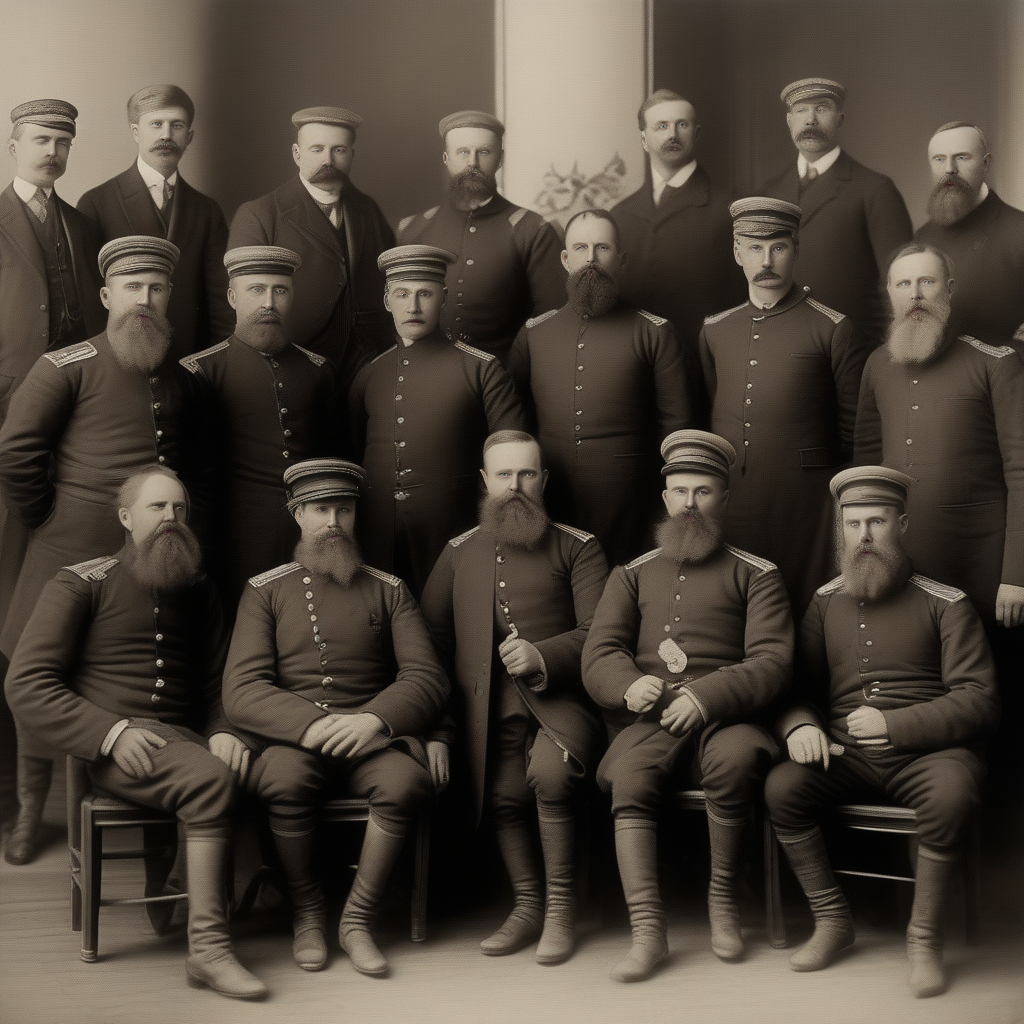The Octobrists were a political party in Russia from 1905 to 1917. They were moderate liberals who emerged as a faction within the State Duma, the Russian parliament created during the Russian Revolution of 1905. The Octobrists played a crucial role in the country’s political landscape during this period.
The Octobrists supported the principles of constitutional monarchy and sought to establish a constitutional order within Russia. They believed in a strong centralized government and advocated for economic reforms that would modernize the country. The party’s name originated from the October Manifesto, which was issued by Tsar Nicholas II in response to the 1905 revolution. This manifesto granted civil liberties and established the State Duma, and the Octobrists subsequently formed as a party to promote its implementation.
Despite their support for the tsarist regime, the Octobrists also desired substantial political reforms. They pushed for universal suffrage, a parliamentary system, and the recognition of individual rights and liberties. However, they were often criticized for being too conservative and compromising with the autocratic government. Their willingness to cooperate with the ruling authorities led to accusations of being a party of bureaucrats rather than true champions of liberal democracy.
During World War I, the Octobrists faced many challenges due to Russia’s deteriorating economic and military situation. As discontent grew among the population, the party struggled to maintain influence and eventually dissolved in 1917 after the February Revolution. Nevertheless, the Octobrists played a significant role in shaping early 20th-century Russian politics and laying the groundwork for future political movements.
